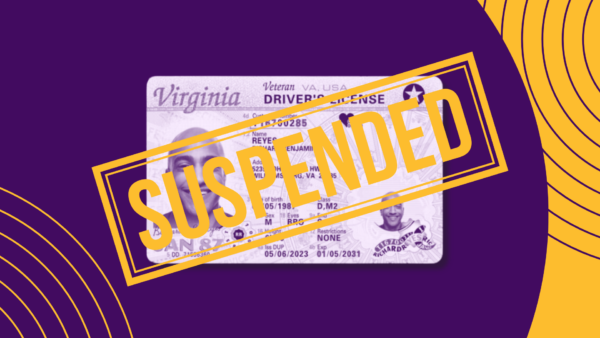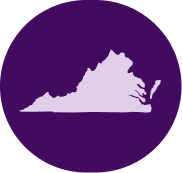Case Summary
Southern Coalition for Social Justice, the Lawyers' Committee for Civil Rights Under Law, and a coalition of civil rights organizations, including Campaign Legal Center; the NAACP Legal Defense and Educational Fund, Inc.; the Southern Poverty Law Center; and the National Women’s Law Center called on the United States Supreme Court as amici curiae to preserve everyday people’s ability to fight for their civil rights in court, no matter their income or resources.
Lackey v. Stinnie began as a fight to end Virginia's automatic suspension of driver’s licenses for people who fail to pay court fines and fees regardless of the driver’s ability to pay. The court issued a preliminary injunction halting this unjust practice and the compounding harms it causes, such as the inability to carry out necessary tasks, attend medical appointments, and maintain a steady job. Shortly thereafter, the Virginia legislature changed the law for the better and rendered the case moot. The plaintiffs — the prevailing party who sought and obtained full relief by judicial order — requested “prevailing party” fees. But the Virginia Department of Motor Vehicles refused to pay, arguing that plaintiffs only obtained a preliminary injunction, not a final judgment from the court.
Why it's Important
Most people cannot afford an attorney for a civil rights legal battle that could take years to resolve. That’s exactly why federal law awards attorney’s fees to successful civil rights plaintiffs. If the Supreme Court rules that attorney’s fees aren’t available in cases like this, it will incentivize government actors to play long and costly waiting games, knowing they can pull the plug before entry of final judgment and deprive plaintiffs of any fee awards. That would make it harder for those who have had their civil rights violated to find advocates to help fight for their rights in court.
Other Related Cases
Kivett v. North Carolina State Board of Elections
SCSJ and co-counsel submitted an amicus brief at the NC Court of Appeals and the Supreme Court to protect absentee military and overseas voters.
Learn MoreRepublican National Committee v. North Carolina State Board of Elections, et. al.
The Republican National Committee (RNC) and the North Carolina Republican Party filed a complaint on Sept. 12 to stop University of North Carolina at Chapel Hill (UNC) students from using their digital Mobile One Cards as identification cards to vote in the 2024 election.
Learn MoreRepublican National Committee v. North Carolina State Board of Elections
The NC State Conference of the NAACP and two impacted NC voters requested to intervene in a case to protect nearly a quarter of a million voters from the Republican National Committee’s and North Carolina Republican Party’s baseless attempt to force the State Board of Elections to remove them from the state’s voter rolls on the eve of the 2024 presidential election.
Learn More

